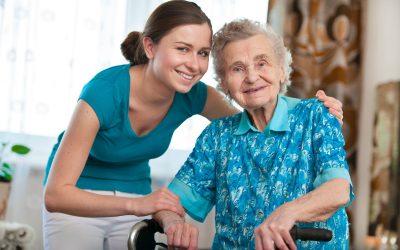Home care in Chevy Chase allows family caregivers to get much-needed breaks so they can pay attention to their own personal needs and not get sick. About 44 million adults in the United States are caregivers for relatives, doing the required tasks without any pay and often when working full-time and dealing with their own family responsibilities. Their family members who need assistance may be elderly and physically disabled, or may have a certain level of dementia.
A Sense of Being Overwhelmed
Most of these volunteers had no real preparation for what this work would involve, and they often become overwhelmed by stress and lack of sleep, leading to their own health issues. It’s hard enough to see their loved ones in a disabled condition that may be getting progressively worse, without the additional responsibility of being the primary caregiver.
Accepting the Need for Help
Many people have a really hard time accepting that they need outside help for Home Care in Chevy Chase. They are dedicated to being the person their parent or other elderly relative relies on, and they don’t like turning over even a few of the necessary duties to nurses or other professional workers. They also may be afraid that doing so is the first step toward an inevitable decision of moving that relative to a nursing home.
Preventing Burnout
This doesn’t have to be the case, however. With assistance from an organization like Specialty Care Services, the family may be able to keep their loved one at home for a long time to come. Self-care for all the family members is essential so they do not develop severe burnout and become resentful of the disabled person. That person can pick up on those troublesome emotions and feel guilty. The relationship can suffer.
Keeping the Relationship Positive
Research is being done on volunteer family caregivers and the impact it has on their physical and emotional health. So far, findings indicate that the relationship between these volunteers and the relatives they help is better when there is a lower stress level, and when the caregiver gets adequate nutrition, sleep and free time. Click here for information on one particular organization providing in-home assistance.


